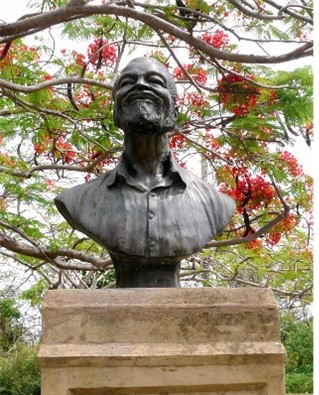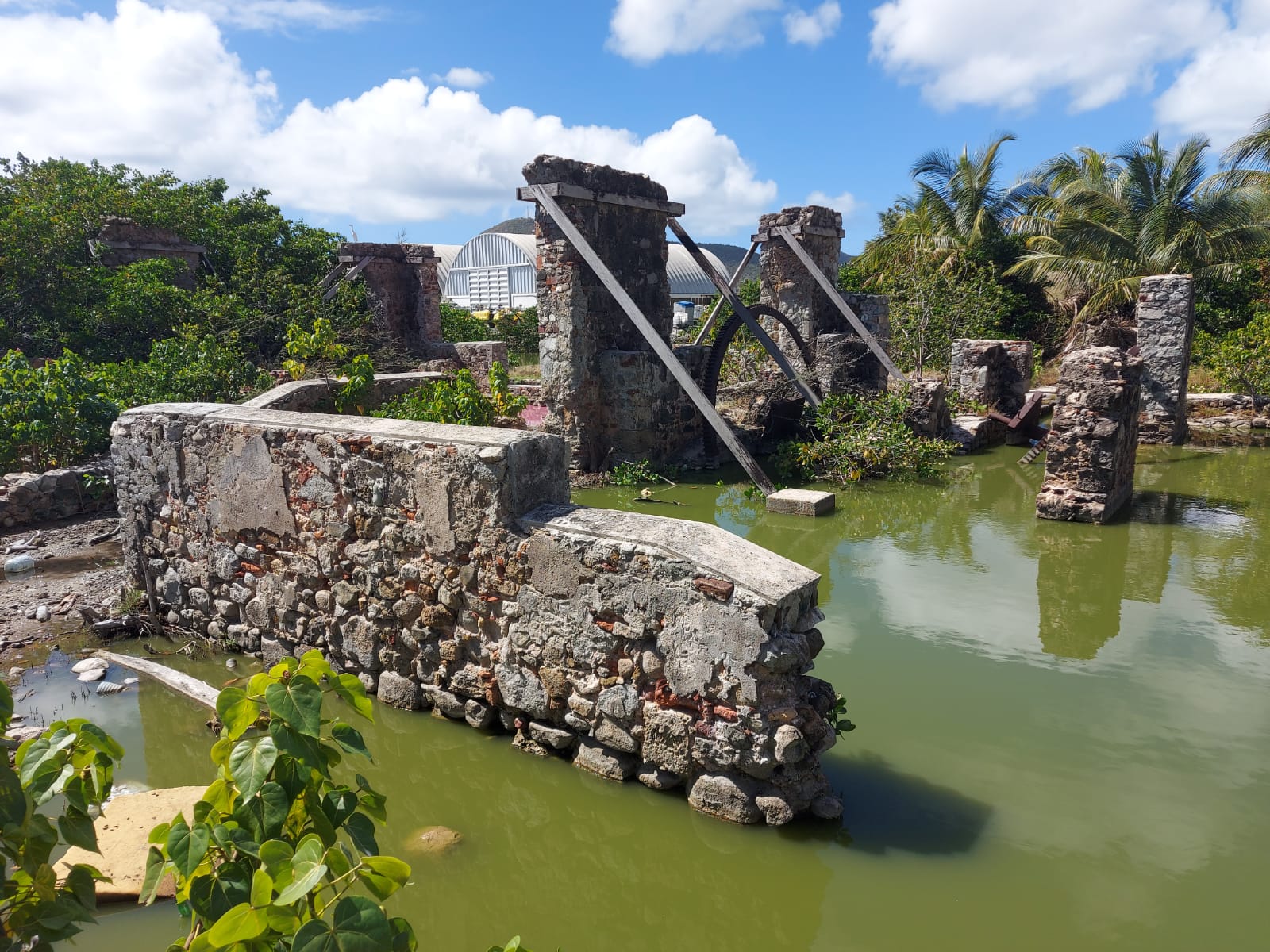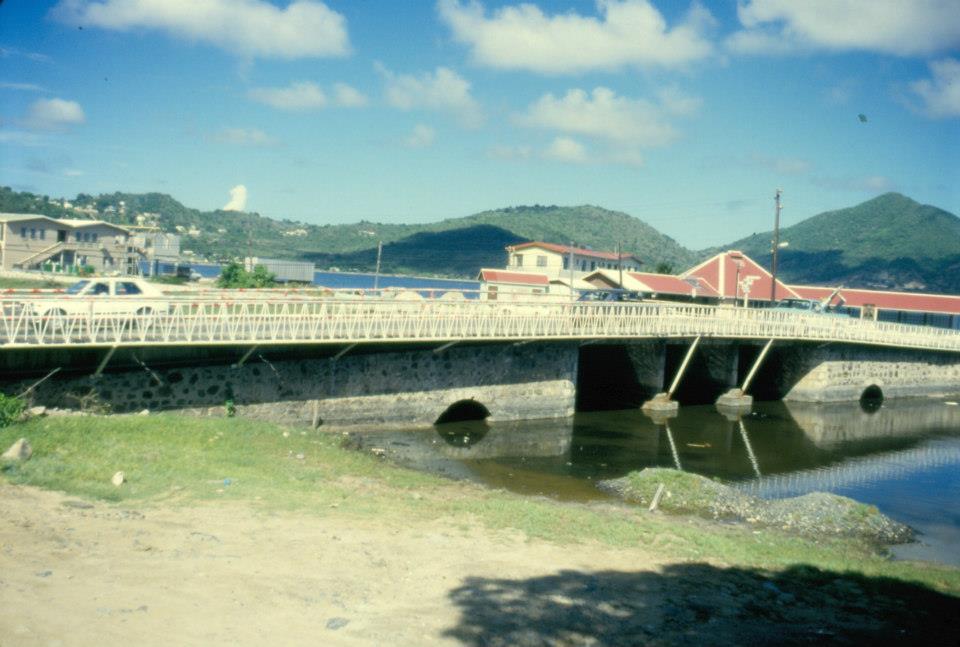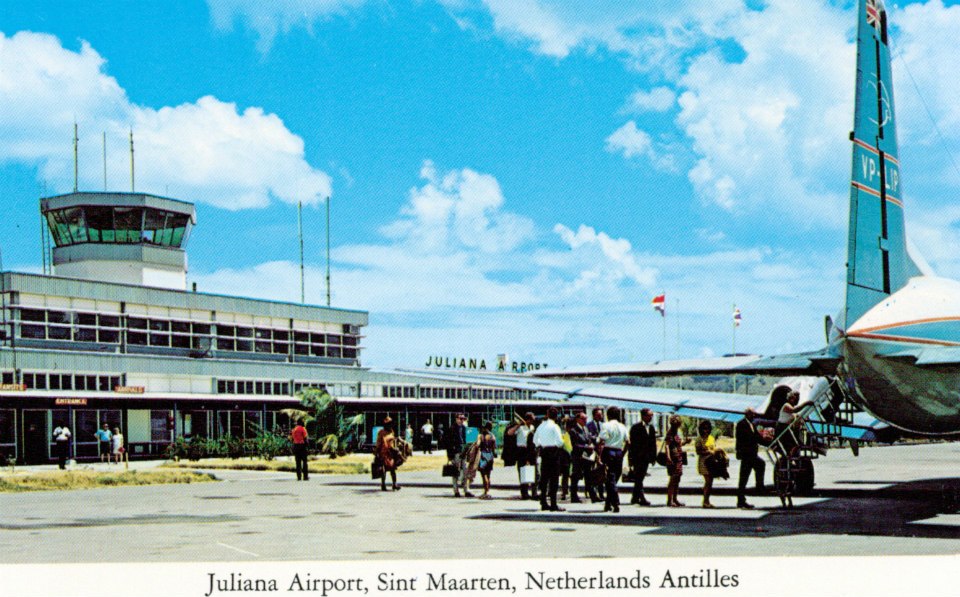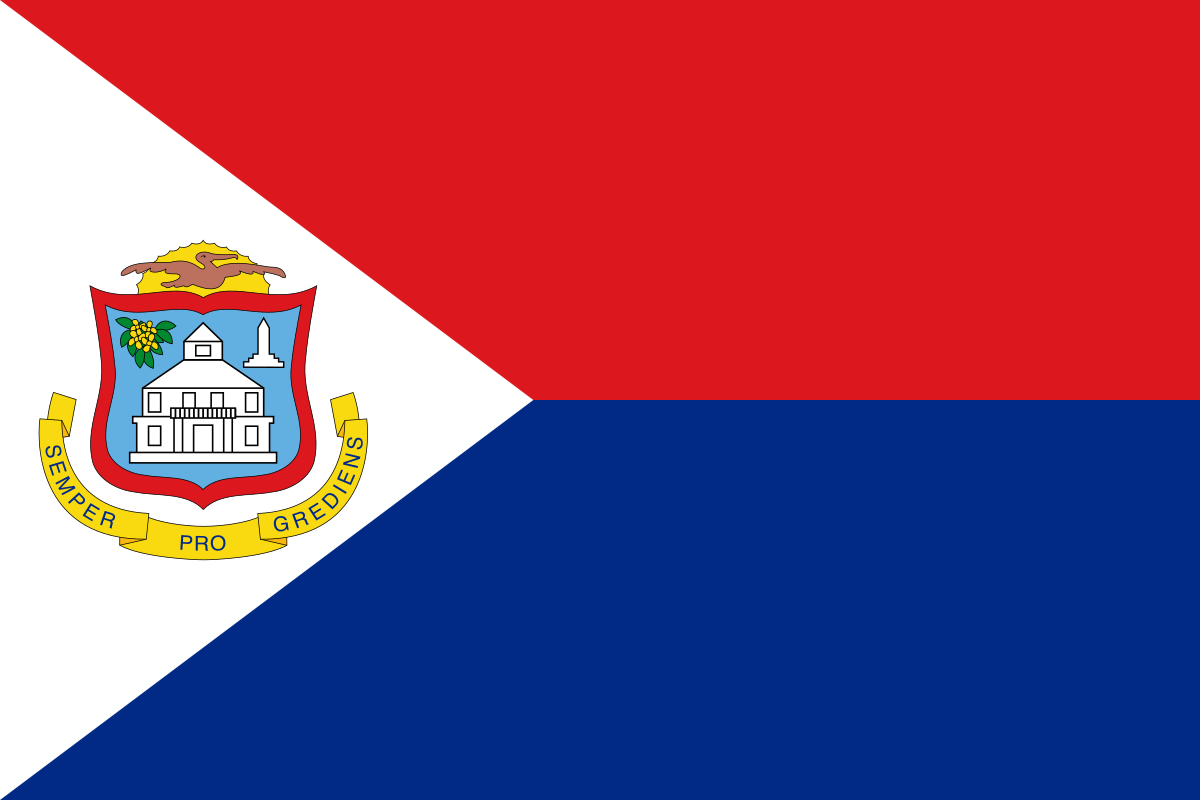- Teacher: Placeholder Staff
Available courses
Topic(s) Introduction to course, review syllabus, group chat, Moodle orientation.
Activity In-class short writing assignment – “Tell me about yourself. What do you expect to gain from this course?”
Assignment Have Draft 1 of the Personal Essay ready for discussion in class.- Teacher: Charlesea Joseph
This course examines the foundations of economic theory as it relates to unemployment, inflation economic growth. Topics include measurement of the macro economy, macroeconomic equilibrium, national income accounting, theories of income determination, Money and banking, fiscal and monetary policies. In addition, we begin by covering a bit of Micro: supply and demand and the production possibility frontier.
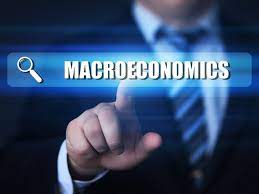
- Teacher: Garfield Young
In this course, students will investigate the events in St. Martin’s history and culture, beginning with the earliest people who came to the island. They will also gain insight into the colonization of the island, the resulting slave trade, and its inhumanity. African retentions in our culture as it relates to oral traditions, music, dance, food, language traditions and spiritual belief systems and customs will also be explored. The students will also examine the island’s topographical features and infrastructure. They will further identify important national symbols, explore our national monuments, and identify and prepare local food and drinks. The students will investigate and analyze past and present economic activities of the island. Finally, they will compare and contrast the governmental structures and political status of both sides of the island.
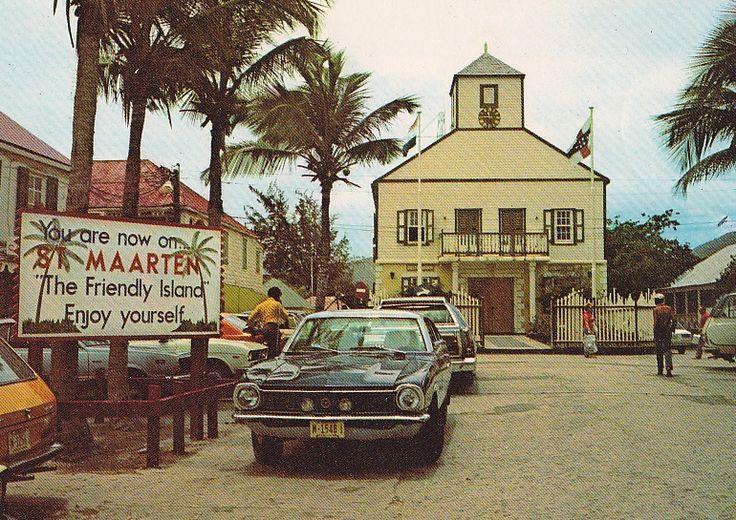
- Teacher: Marcellia Henry
In this course, students will investigate the events in St. Martin’s history and culture, beginning with the earliest people who came to the island. They will also gain insight into the colonization of the island, the resulting slave trade and its inhumanity. African retentions in our culture as it relates to oral traditions, music, dance, food, language traditions and spiritual belief systems and customs will also be explored. The students will also examine the island’s topographical features and infrastructure. They will further identify important national symbols, explore our national monuments, and identify and prepare local food and drinks. The students will investigate and analyze past and present economic activities of the island. Finally, they will compare and contrast the governmental structures and political status of both sides of the island.
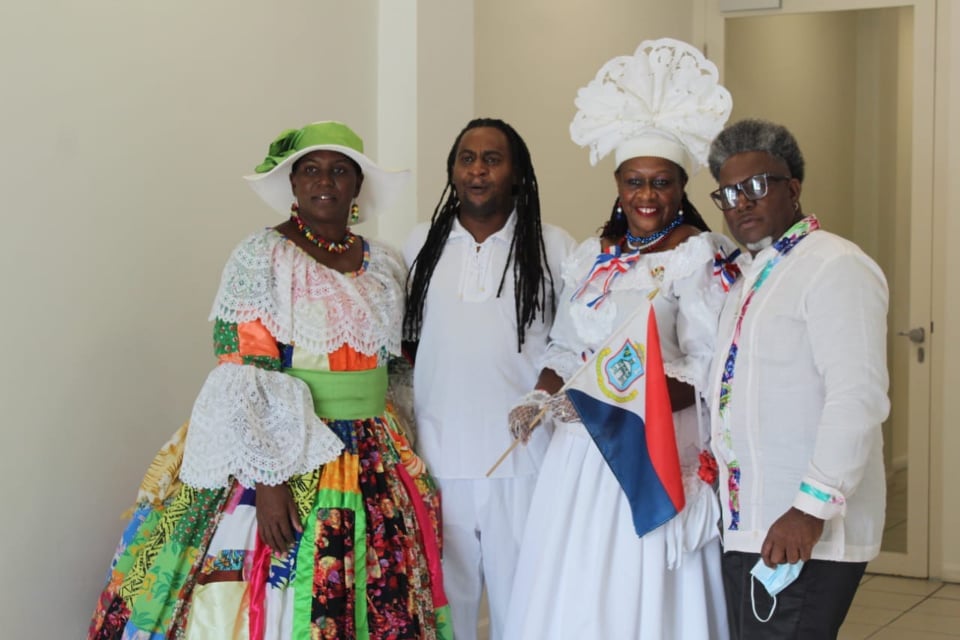
- Teacher: Marcellia Henry
Course Description
Pre-Algebra course is an introduction to basic algebra concepts. The course emphasizes the concepts necessary to be successful in Algebra I and II. The course helps students develop good mathematical study skills and learning strategies.

- Teacher: Olatunde Dalrymple
Beginning Algebra, MAT 022, is a course that offers an introduction to algebra concepts. The course emphasizes the skills necessary to be successful in college-level math courses such as Algebra I and II. The course helps students develop good mathematical habits, understanding, study skills and problem-solving strategies. This course is Pass/Fail. An overall average of 72 is needed to earn a P. Attendance, participation and following directions is a major part of your grade.
·
Please
follow the proper format for all assignments.
· Show your algebraic work on homework/classwork/tests/quizzes.
· Be neat!
· Label Graphs clearly.
· Keep track of all your graded work in a portfolio-type folder.

- Teacher: Lisa Burnett-Davis
Mathematics 141 is a course that has a functional approach to algebra that incorporates the use of appropriate technology. Emphasis will be placed on the study of functions, and their graphs, inequalities, and linear, quadratic, piece-wise defined, rational, polynomial, exponential, and logarithmic functions.
A course designed primarily for students who plan to study calculus.
The Prerequisite for Mathematics 141 is Math 022 or successfully pass the entrance exam.
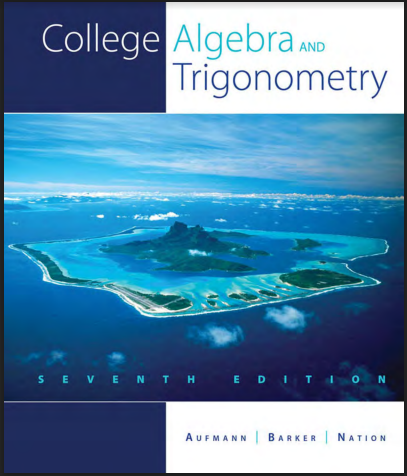
- Teacher: Olatunde Dalrymple
Caribbean islands are prone to extreme natural hazards such as hurricanes and droughts, a vulnerability issue that is exacerbated by food systems that majorly rely on the consumption of imported produce. Agroecology is the science of analysis and design of sustainable agroecosystems by taking into account the practical, social and political dimensions of agricultural production systems. This interdisciplinary course examines the foundations of agroecology from biological, nutritional, cultural and sociological perspectives, the potential impact upon contemporary societies, and the challenges faced by climate change. Students will become familiarized with such key concepts as organic versus industrial farming, the plant cycle and elements contributing to the same, the use of fertilizers, food sovereignty and community-centered sustainable development in regional and contemporary global context. Practical activities will focus on field visits to local farms where the extent of both indigenous knowledge and modern technologies to foster sustainability will be assessed.
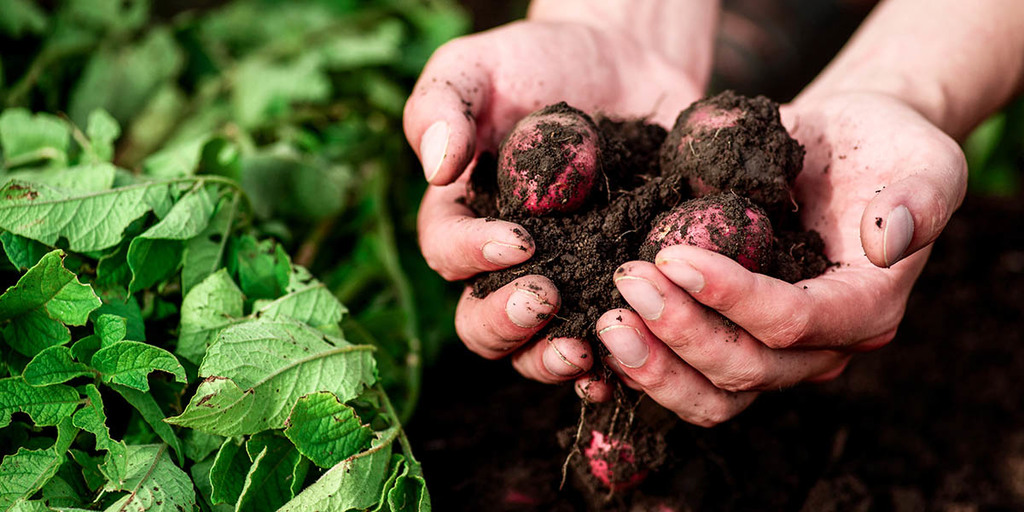
- Teacher: Dr. Delroy Pierre, Ph.D.


